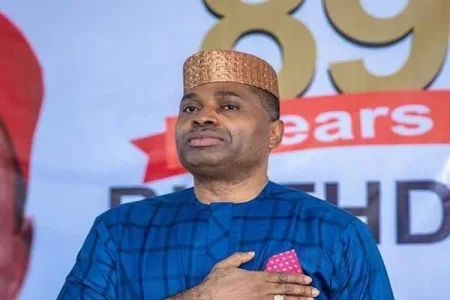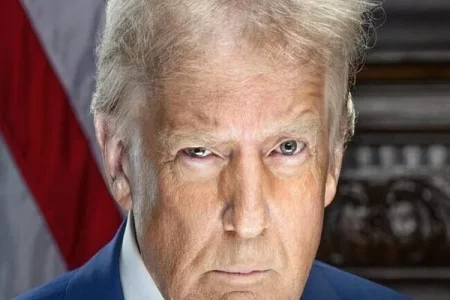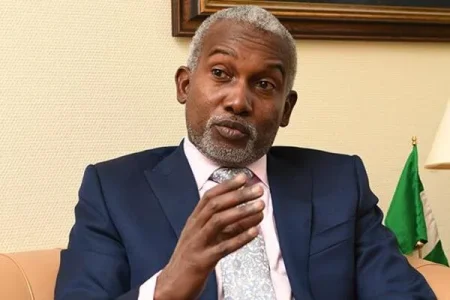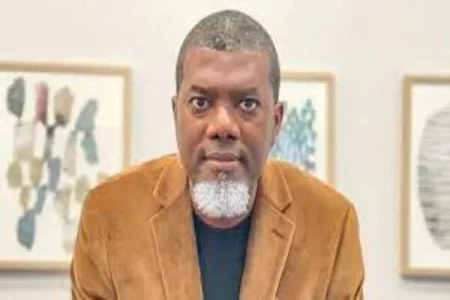
Kenneth Okonkwo, former Labour Party (LP) chieftain, publicly denounced Peter Obi, the party’s 2023 presidential candidate, in a June 14 interview. He accused Obi of betraying their movement by aligning with Julius Abure’s faction, which Okonkwo claims collaborates with the APC. Okonkwo resigned from LP in 2024, citing Obi’s "political suicide" through poor leadership and failure to unify the party post-election.
- Okonkwo alleges Obi ignored calls to distance himself from Abure’s faction, undermining LP’s integrity.
- Criticizes Obi’s endorsement of non-LP candidates, calling him "a politician of convenience, not conviction."
- Claims the 2023 "organic movement" for change collapsed due to Obi’s inability to consolidate support for 2027.
Is this a clash of principles or political survival? Okonkwo’s outburst reveals the fragility of Nigeria’s opposition alliances, where personal ambition often overshadows ideology. While Obi’s supporters see him as a reformist, critics argue his leadership lacks inclusivity—a recurring flaw in Nigerian politics. The LP’s implosion mirrors a broader trend: movements that capture public hope but fail to build enduring structures. For voters, the lesson is clear: charisma alone can’t sustain change.




